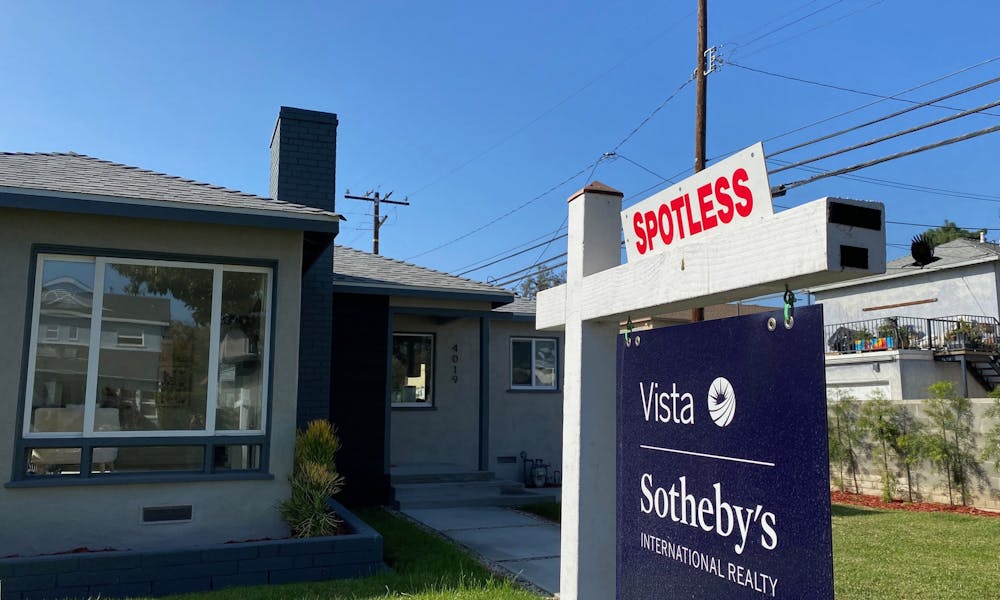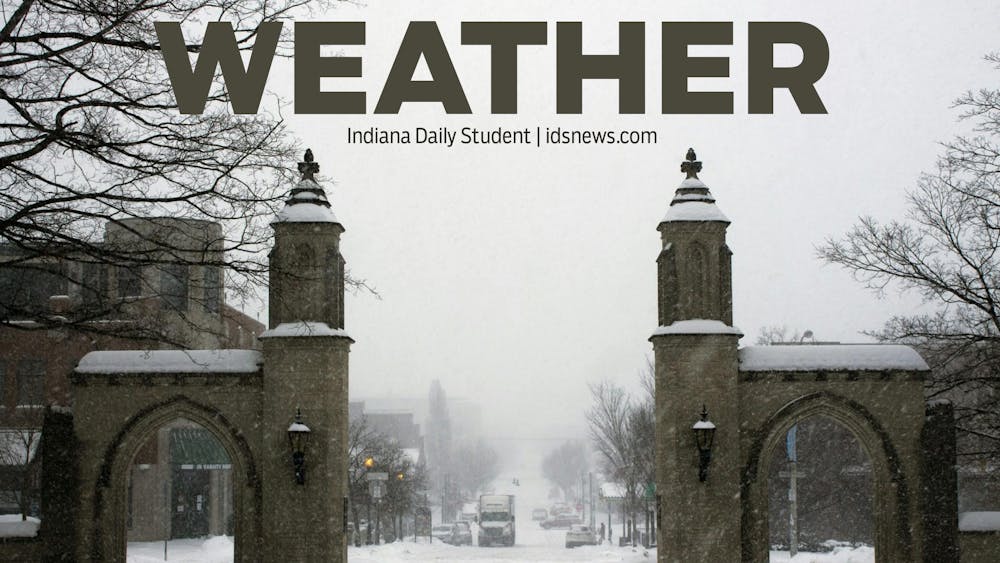Redlining, which is discrimination in mortgage lending on the basis of race, was banned in 1968 by the Fair Housing Act. Regardless, Black people throughout the United States continue to receive unfair treatment in the housing market.
In particular, Black homeowners across the country are receiving lower appraisals than their white counterparts when they decide to sell their homes or refinance their mortgages.
In Indianapolis, Carlette Duffy had to persistently fight for the appropriate appraisal she deserved after two appraisals on her home returned suspiciously low. After receiving the second appraisal of $110,000 on her home, which she knew to be worth at least $185,000, Duffy decided to change her approach. She removed family photos from her home, opted to not disclose her race and was not present during the appraisal. Instead, she had a white friend act as her brother to meet the appraiser. The result was an appraisal of $259,000, which is more than double the two previous appraisals she received.
“She was at first ecstatic that she did in fact get the value that she thought her home deserved,” Duffy’s spokesperson said. “But then almost immediately after, she was heartbroken with the fact of what she had to do in order to get that value.”
Stephen Richmond, from a suburb of Hartford, Connecticut, shared a similar experience. After questioning the first appraisal he received, Richmond removed family photos and had a white neighbor act as the homeowner when the appraiser arrived. His result was a $40,000 increase in valuation from the first appraisal.
Duffy and Richmond are only two of countless examples of the obstacles Black people in America continue to face in the housing market.
According to a Brookings report on the devaluation of assets in Black neighborhoods, a home in a majority Black neighborhood is likely to be valued 23% less than an effectively identical home in a majority-white neighborhood.
This disparity is even larger between formerly redlined communities and historically white communities. In Fulton County Georgia, there is a 67% difference between home prices in white communities and previously redlined communities. These obstacles Black people face are estimated to have cost Black homeowners $156 billion in cumulative losses.
In Richmond’s case, his race affected his appraisal regardless of his neighborhood. This is a product of an appraisal industry that operates with very little oversight and is inherently subjective. There are limited checks on the work an appraiser does and virtually no recourse for someone like Duffy, who knows her home is being undervalued.
NBC News said the industry also lacks diversity, as over 85% of appraisers are white, and less than 2% of appraisers are Black. While there is legislation, such as Title XI of the Financial Institutions Reform, Recovery and Enforcement Act, which requires appraisers to be unbiased, history and the lack of oversight allows Black homeowners to continuously be disadvantaged over 50 years after redlining was banned.






